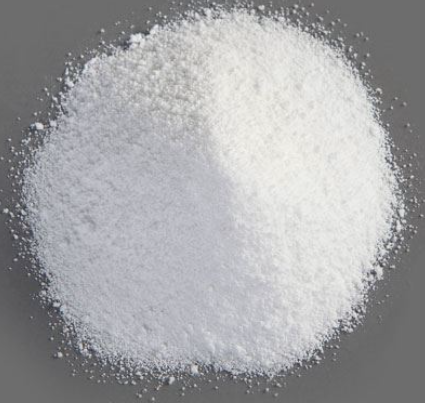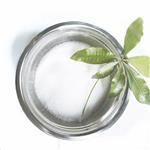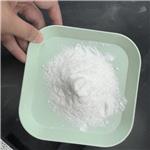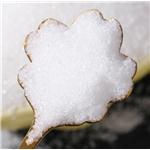Dibasic Calcium Phosphate is made from calcium carbonate and phosphoric acid. It contains 34% citrate- soluble phosphorus pentoxide (P2O5). It is not commonly used as a fertilizer, but is used as a supplement to animal feed.

Anhydrous dibasic calcium phosphate is a white, odorless, tasteless powder or crystalline solid. It occurs as triclinic crystals.
Dibasic Calcium Phosphate is used as a food additive, it is found in some toothpastes as a polishing agent and is a biomaterial.
Dibasic calcium phosphate is produced by the neutralization of calcium hydroxide with phosphoric acid, which precipitates the dihydrate as a solid. At 60 °C the anhydrous form is precipitated:
H3PO4 + Ca(OH)2 → CaHPO4 +2H2O
Pharmaceutical Applications
Anhydrous dibasic calcium phosphate is used both as an excipient and as a source of calcium in nutritional supplements. It is used particularly in the nutritional/health food sectors. It is also used in pharmaceutical products because of its compaction properties, and the good flow properties of the coarse-grade material.
Dibasic Calcium Phosphate is widely used in oral pharmaceutical products, food products, and toothpastes, and is generally regarded as a relatively nontoxic and nonirritant material.




